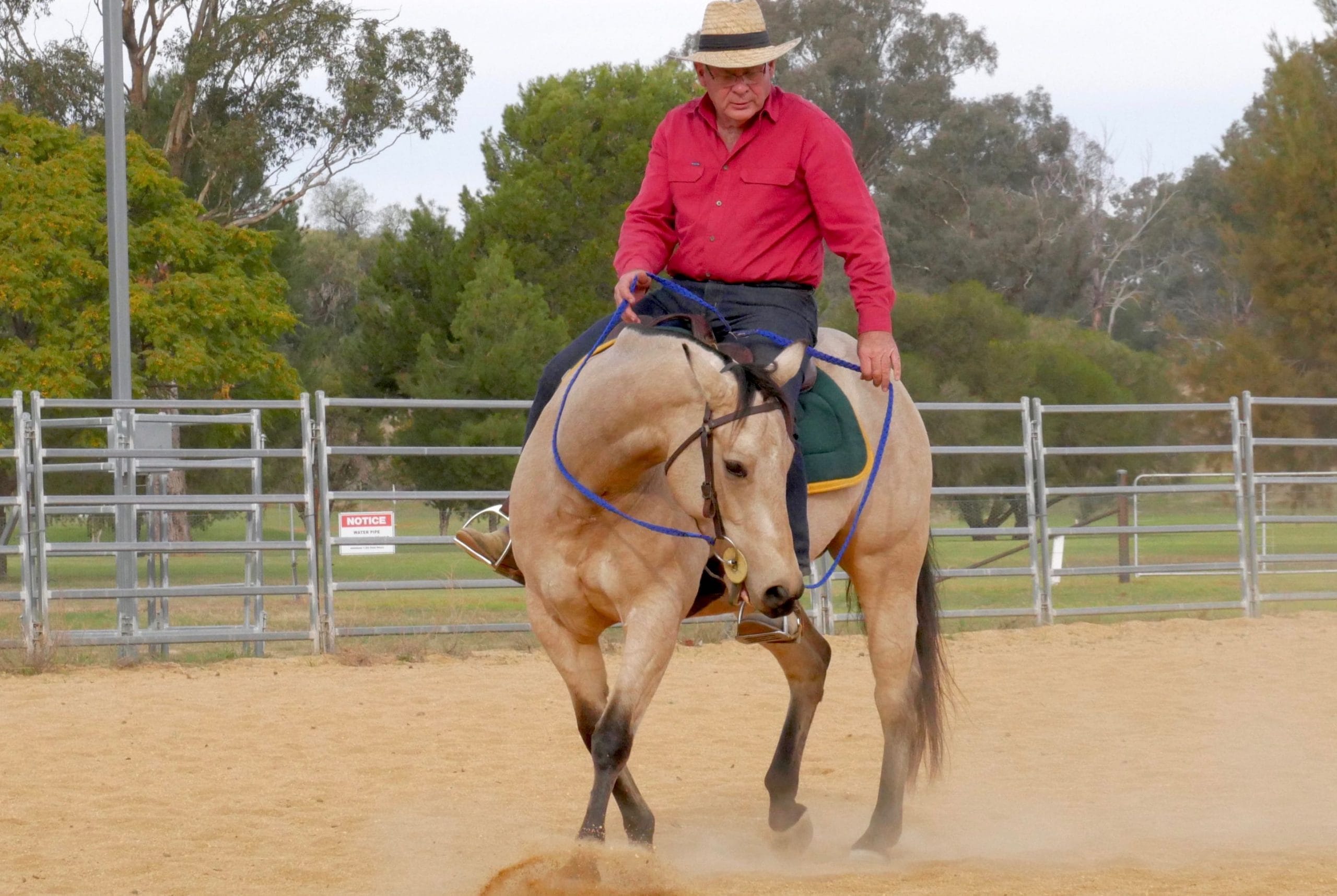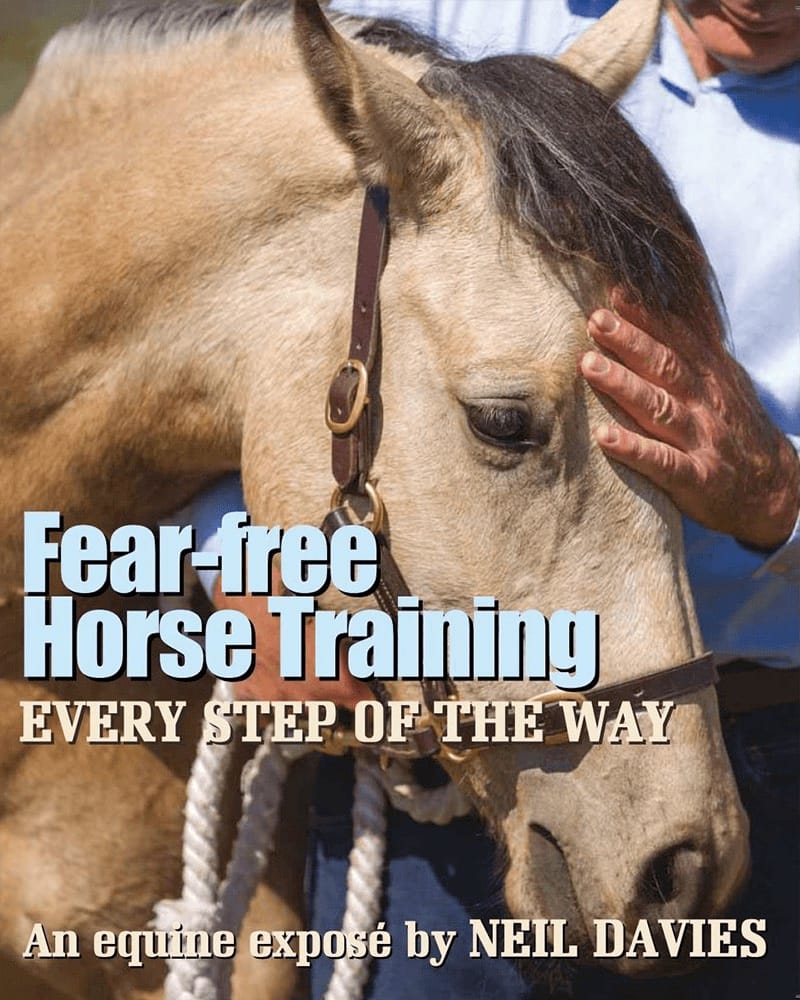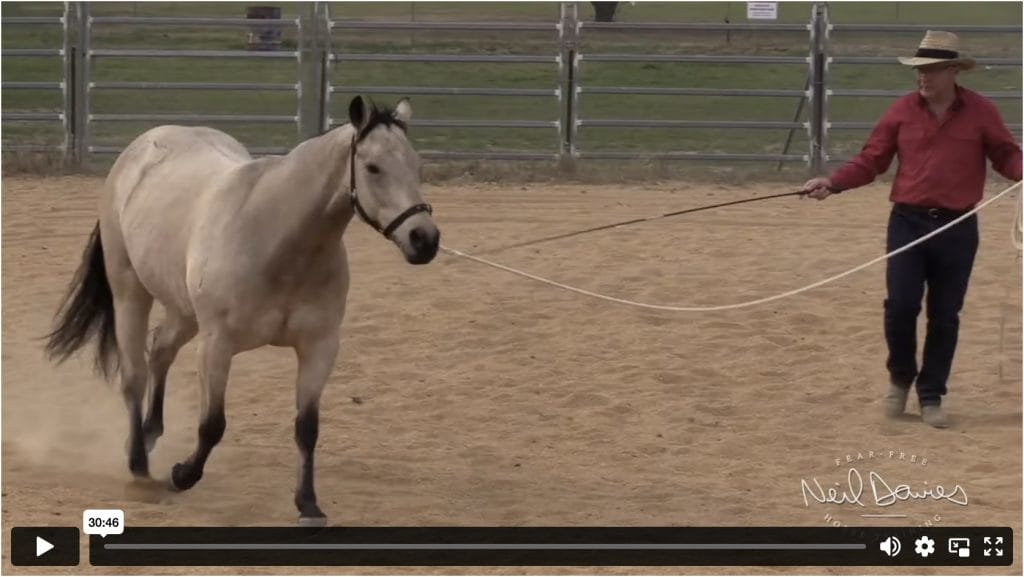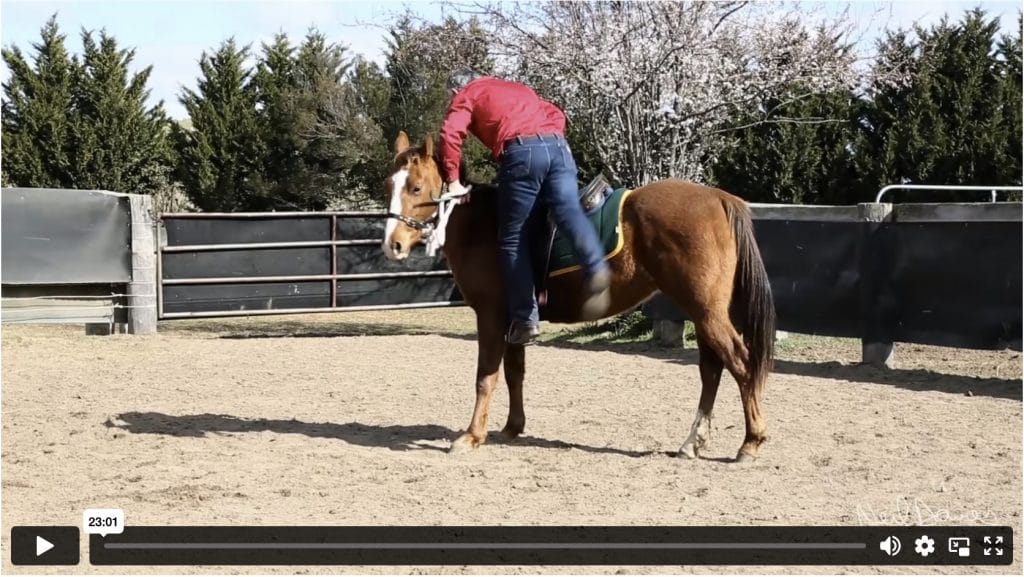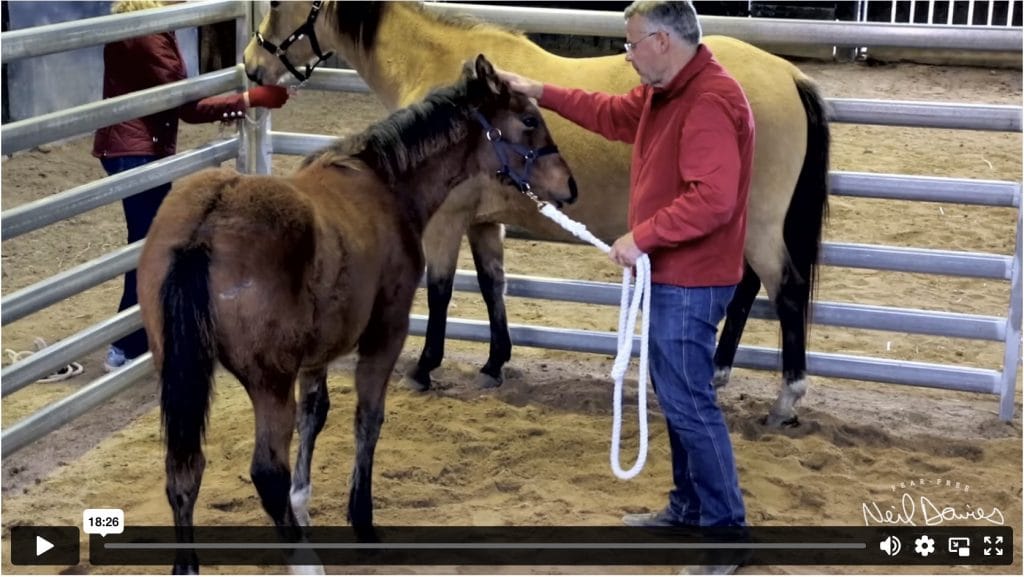People write to me all the time asking for help with their horses.
“My horse is barn sour.”
“My horse is herd bound.”
“My horse has separation anxiety.”
“My horse shies.”
“My horse rears.”
“My horse kicks.”
“My horse bucks.”
“How can I fix him?”
No matter the problem, my answer is always the same.
Your horse doesn’t have a syndrome or a disease and there are three simple things that you need to work on.
1. Confidence and Relaxation.
Confidence is the key to every aspect of horse training.
Some horses are ridden for twenty years and still aren’t confident and relaxed with people.
If your horse isn’t confident and relaxed, you really don’t have much at all.
2. Control.
Control goes hand in hand with confidence and relaxation.
Unless your horse is confident and relaxed, you’ll never be able to control him.
Equally, if you don’t have control of your horse, he’ll never be truly confident and relaxed with you.
Whenever you work on teaching a horse to relax, you must also work on controlling him.
And whenever you work on controlling a horse, you must also work on teaching him to be confident and relaxed.
3. Co-operation.
Co-operation can be achieved only when your horse is confident and relaxed and you have control.
No horse will learn to co-operate with you when he’s nervous and worried.
And no horse will learn to co-operate with you if you don’t have control.
Here’s the good news.
Overcoming problems isn’t complicated and there are no special answers or special equipment needed to ‘fix’ the issue you may be having.
When you have a problem, you must go back to basics.
Always work in an arena or an area without distractions and teach your horse to concentrate on you and what you want him to do.
Take control and teach your horse to move where you want, how you want, at the speed you want.
If your horse runs back to the barn, doesn’t want to leave his friends, shies, rears, kicks or bucks, there’s one thing for sure –
your horse isn’t confident or relaxed, you don’t have control and he’s not co-operating.
It’s always up to the rider or handler to make what he wants to do more important than whatever the horse wants to do.
You don’t want your horse to rush back to the barn or push over you or rear or shy or kick.
You don’t want your horse to scream out to his friends.
The trouble is, horses are always positive about what they want to do and it’s always up to the rider or handler to be more positive than their horse.
Because if you’re not, your horse will soon learn to take you for a ride and rush back to the barn or push over you or rear or kick or scream out to his friends.
Overcoming problems is never about domination or respect. It’s simply about teaching your horse that whatever you want to do is always the most important thing.
Unless you’re more positive than your horse,
you won’t gain his confidence,
you won’t be able to control him and
he won’t co-operate with you.

